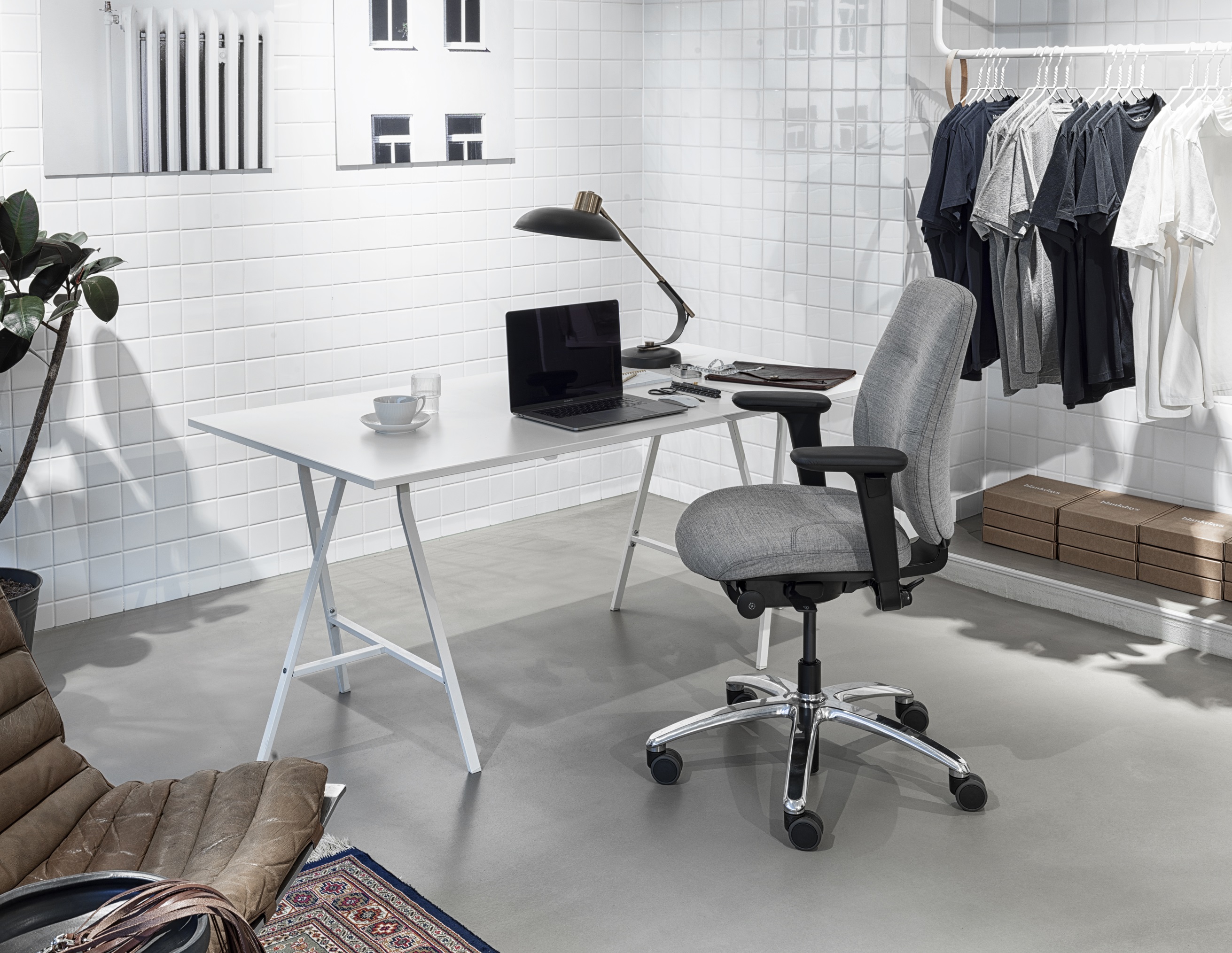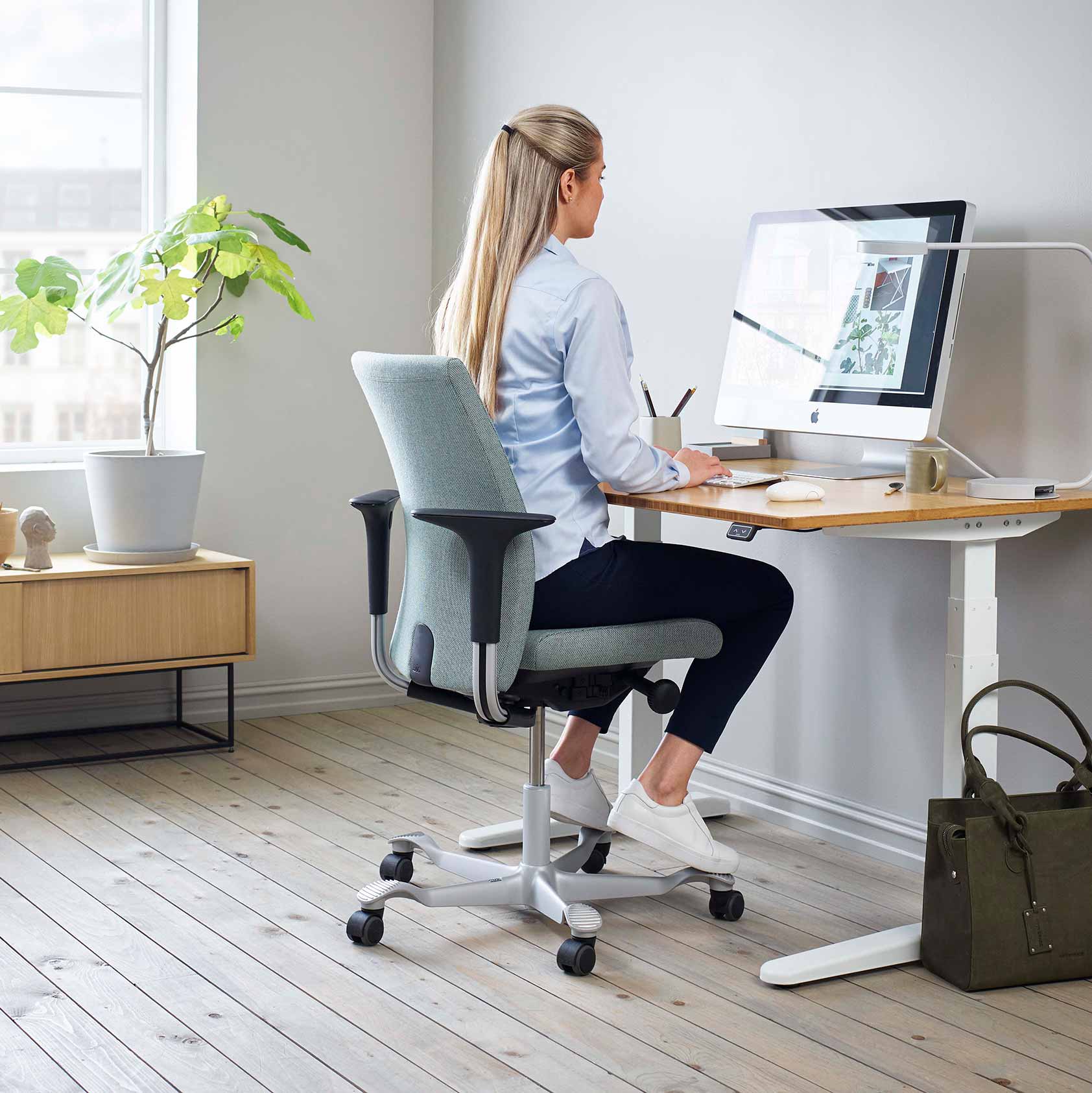Health & Safety
In every country, employers are legally responsible to ensure sound health and safety conditions for all employees, and this includes when working from home. What work activity will they be doing? Can it be done safely? How will you keep in touch with them? Do you need to put control measures in place to protect them? These are the key elements of most H&S policies.
In some countries such as the UK, employers are required to carry out a ‘suitable and sufficient’ risk assessment of the individual’s home workspace. In another country, Australia, for instance, this legal duty of care is worded “so far as is reasonably practicable”.
How this is measured will differ from country to country, and should be readily available to view on respective government legislation websites. Click here for an example (UK) of a health and safety assessment.
If the employer is unable to carry out a full risk assessment due to social distancing limitations, they are legally required to provide employees with information on working safely at home in order to carry out a self-assessment. If changes are needed to be made, it is up to the employer to make sure these happen.
Click here to read our article with workplace professionals from across Europe exploring health and safety when working from home
Equipment, furniture & technology
Generally speaking, it is up to the employer to provide the right equipment for their employees to be able to carry out their tasks at home.
For a vast majority of homeworkers, the primary tools will be a computer capable of carrying out the necessary tasks, and tools for communication – nowadays the two are usually the same.
Part of the health and safety risk assessment involves assessing the workstation that an employee is at, and in many countries, if this does not meet the standards required, it is up the employer to resolve the risks associated with using display screen equipment (DSE). This means ensuring employees are using suitable seating and work surfaces, and that their equipment is at the correct heights to reduce strain and fatigue.
Employees with disabilities may have additional requirements to make their home workspace suitable. In the USA, for instance, employers should ensure that staff receive any necessary reasonable accommodations in accordance with the Americans with Disabilities Act. This may lead to special equipment or technology provided in order to continue to perform the essential functions of their job.
Whilst there is no increased risk for those working from home temporarily, as the time spent working from home increases, it is vital that all employers who have staff working from home take these issues into consideration to reduce the chances of lasting effects to employees’ health and wellbeing.
Read - How to set up an ergonomic workspace




